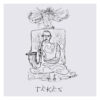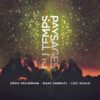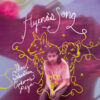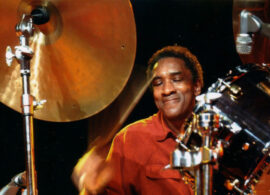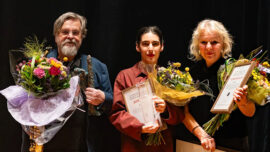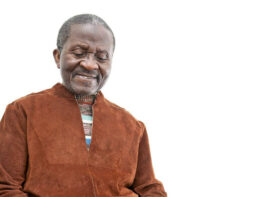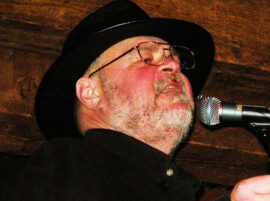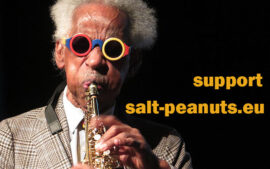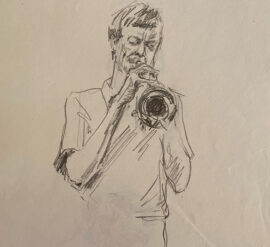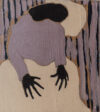
The debut full-length solo album of Greek guitarist Giannis Arapis plays with its title, «Ηλεκτρική κατάρα (Ilektrikí katára)», translated from Greek as Electric Curse but also sounding as electric guitar. The curse is insomnia and Arapis says that this album has «the sound of my thoughts when I can’t sleep». The cover painting of Konstantina Dimoula intensifies this stressful and unpleasant feeling.
Arapis plays in local alternative bands as Ramdal and Sans Corps that cover jazz, rock, and noise, recorded a guitar duo with French Noël Akchoté («Name It So», 2020), and collaborated with Swedish improvisers as Alex Zethson, Anna Lindal and Raymond Strid. «Ηλεκτρική κατάρα» is a product of 14 years of Arapis experiencing and expressing himself through the electric guitar, with no pedals, effects or extra accessories. Only his hands, a pick, guitar, amplifier, and insomnia. The album was recorded in Athens in May 2020.
The listening experience to «Ηλεκτρική κατάρα» captures some of the surreal, free-associative visions of the state of mind of insomnia. There are evocative, cinematic elements of dreamscapes, fragments of familiar folk songs that borrow techniques used on traditional string instruments as bouzouki or baglama, and relics of ancient rituals. All these elements flow organically and are weaved beautifully with bluesy veins and free, abstract improvisations. Arapis can sing, dance and juggle many references with his guitar as he keeps sketching engaging and ecstatic melodies on mini-suites s like «Γιατί μου μιλάς έτσι» and «Προσαγωγέας».
Arapis explores an inspired Greek version of the American Delta blues on «Eνδοξες μέρες». His tribute to British experimental guitarist-improviser Rod Poole «Υλοτομία» incorporates seminal, sound-oriented improvisation strategies of Derek Bailey, who performed with Poole, but also highlights Arapis’ gift to tell an enigmatic story even within a loose and sparse texture. The last piece, «Ύπνος» (Sleep), sends the weary listener to a peaceful, suggestive sleep with comforting, gentle sounds that stress, again, the breadth of Arapis’ sonic language and imagination.
Eyal Hareuveni
Giannis Arapis (e.g.)


